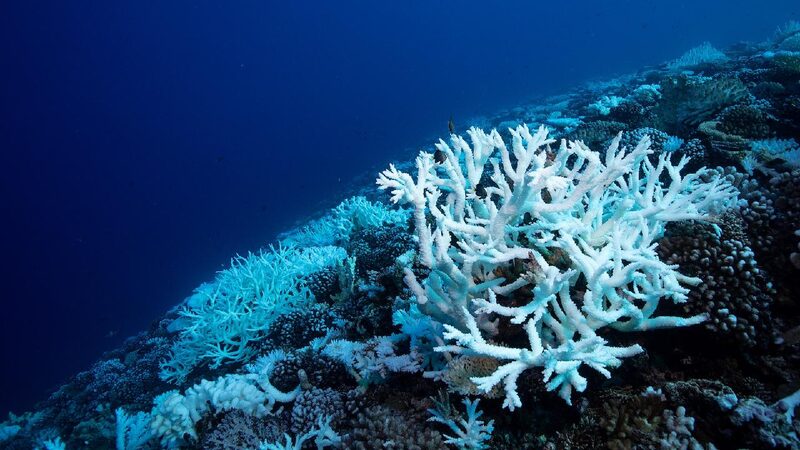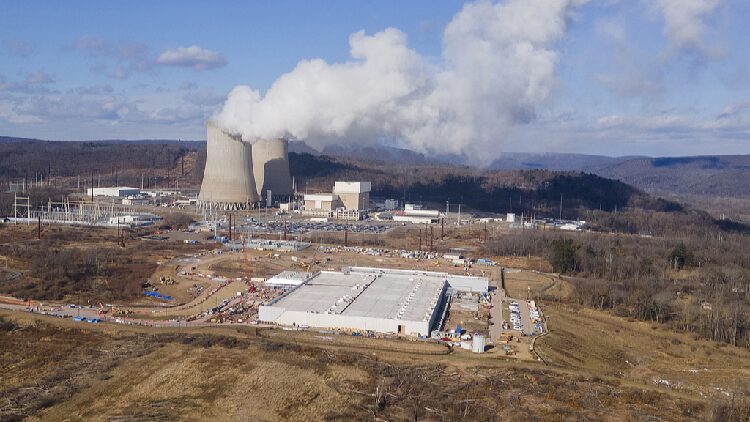A recent study by international scientists has unveiled a stark warning from the past about the future of our oceans. By examining a massive carbon release that occurred 56 million years ago, researchers have discovered alarming parallels with today’s climate crisis.
The study, published in Nature Geoscience, was conducted by scientists from institutions including Peking University and Pennsylvania State University. They focused on the Paleocene-Eocene Thermal Maximum (PETM), a period marked by a significant spike in global temperatures and major disruptions to Earth’s ecosystems.
During the PETM, a surge in carbon emissions led to a sharp decline in ocean pH levels, making the oceans more acidic. This acidification reduced the availability of carbonate ions, essential for marine organisms like shellfish and corals to build their shells and skeletons—a critical part of the ocean’s carbon storage system.
Using advanced modeling techniques that combined ancient climate data with Earth system simulations, the team estimated that atmospheric carbon dioxide levels during the PETM rose from 890 parts per million (ppm) to a staggering 1,980 ppm. This was accompanied by an average decline in ocean pH of 0.46 units.
“These findings offer a clear warning for the future,” said Professor Li Mingsong of Peking University. “The decline in ocean pH during the PETM closely mirrors modern projections if high emissions continue unchecked.”
Professor Li emphasized that today’s rate of carbon emissions is much faster than during the PETM, posing an even greater threat to marine ecosystems and biodiversity. “The PETM lasted about 200,000 years, but the rapid emissions we’re experiencing now could have more severe and lasting impacts, especially in vulnerable regions like the Arctic.”
The study highlights the potential long-term consequences of elevated carbon emissions and underscores the urgent need for global climate action to protect ocean health and biodiversity.
“Understanding what happened millions of years ago can help us predict and prevent similar outcomes today,” added Professor Li. “It’s a wake-up call for all of us to take immediate steps toward reducing carbon emissions and safeguarding our planet’s future.”
Reference(s):
Ancient climate crisis offers warning on modern ocean acidification
cgtn.com








